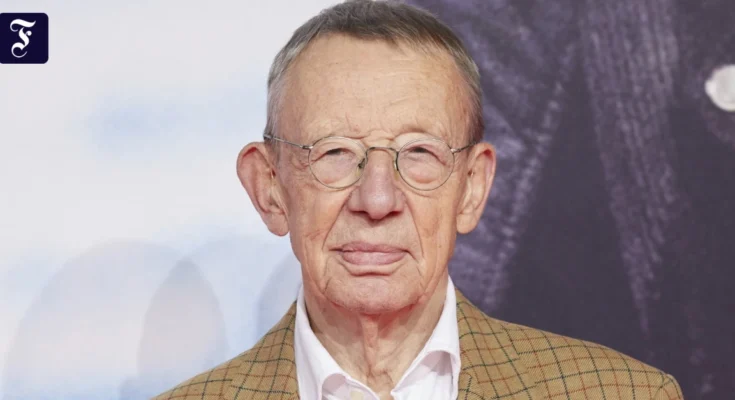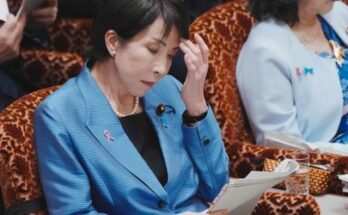The great Rainer Werner Fassbinder often said that he made films as he would with a family. In this family he is the head, despot, bully and driver. It’s hard to imagine a father above this father. But maybe an older brother, perhaps a wiser one?
In the ranks of the German film family, there is a great candidate for this role: Hark Bohm. The native of Hamburg, born in 1939 and therefore six years older than Fassbinder, attended school, did military service and also passed the first state exam in law. But then a new world opened up to him through his younger brother, Marquard.
A little more anarchy makes room
At one time, Munich was the capital of New German Film, and the Bohm brothers were everywhere. In Rudolf Thomas’s “Red Sun,” in which Marquard stars alongside Uschi Obermaier, Hark plays a left-wing student and also provides sound. In 1970 he was also seen in Alexander Kluge’s “The Big Verhau” and Fassbinder’s “The American Soldier.” Even at this stage it was clear that Hark Bohm was more interested in the area behind the camera.
In 1972 he made his debut with “Tschetan, the Indian Boy”, a sensitive western in which the Bavarian landscape had to replace the American state of Montana. The young protagonist Genghis Bowakov also becomes his adopted son in Bohm’s marriage to Natalia Bowakov, his older sister. Throughout the 1970s he repeatedly appeared on screen, while he also began to become involved in film politics and recorded his major works.
With the social drama “North Sea is Mordsee” (1977) he entered the world of social housing, with the adaptation “We don’t care about the Cucumber King” (1976, based on Christine Nöstlinger) he captured very precisely the nuances of modernization, which after the student movement also penetrated the everyday life of normal families: paternal primacy (and the primacy of the teacher) was still trying to be asserted, but freedom, despite a hint of anarchy, was increasingly making room. for himself.
A touching parting gift
Hark Bohm became a father figure in the anti-authority film family, which was very influential in Hamburg as a location, for example with the founding of the Hamburg Film Office and the Hamburg Film Festival. It is clear to this generation that institutions must breathe a republican spirit. And Bohm made clear, for example, in 1987 with “The Little Prosecutor,” in which he himself took a starring role, that art must also address concrete political grievances, just as journalism does. He plays a less than glamorous representative of the constitutional state, who is also quite sensitive to its limitations.
Producer Bernd Eichinger, who at that time was restlessly searching for a formula for sophisticated commercial cinema, hired him for the two-part television series “Vera Brühne”, with Corinna Harfouch in the title role – a topic like a soap opera, but also having many socially relevant aspects.
How influential Hark Bohm has been over the years can be clearly seen in the career of Fatih Akin, who described him as his mentor and gave him a touching parting gift this year: Hark Bohm lived to see the theatrical release of “Amrum,” based on his childhood memories on a North Sea island. A few weeks later, he died this Friday at the age of 86 in his hometown of Hamburg.



